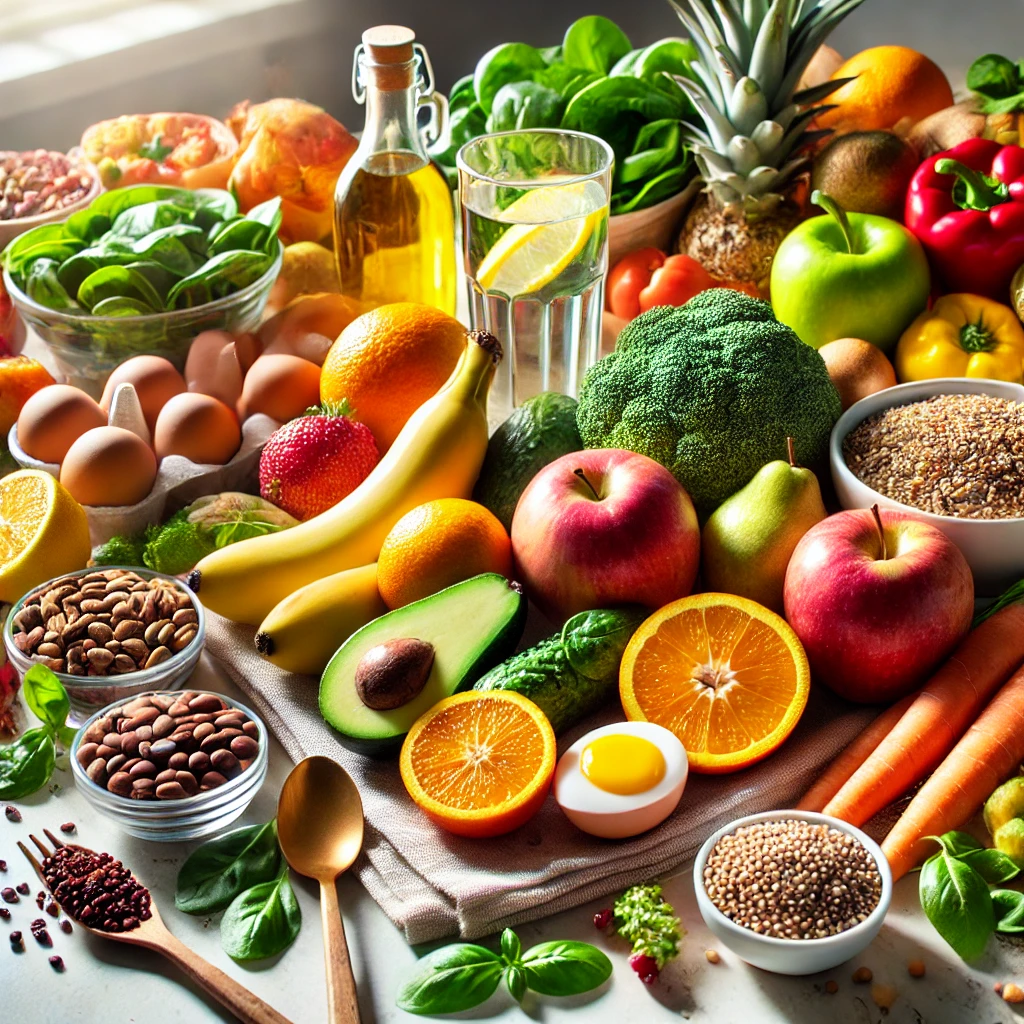There are a number of things you can do when you see a fly on food. As an example, you can instantly throw in your tasty lunch.
Fly on food: Some of us will continue to eat as if nothing had happened under the pretext that “it’s just a fly”. In fact, these insects can bring trouble to your plate, and it’s better to know about them than to be blissfully oblivious.
In order to help you understand everything that happens when a fly lands on your food, we’ve done some research and prepared this article for you.
We know that flies contaminate your food at least until the last meal they were in. But it looks like the impact of these tiny creatures is way bigger than their size, and way more complicated than you might imagine.
1. They can vomit on your food.
Here’s what you need to know: House flies feed by sucking fluids through their tubular mouths. The morphology of their mouths is the reason why they must transform any meal into liquid. They do this by throwing up your food with their own saliva, which may contain anything they have already ingested (for example, rotten meat or feces).
2. Fly on food: They can lay eggs on your meal.
Those tasty leftovers that you save for later can be the perfect nest for eggs. And after a while, they turn into little house flies (maggots or larvae) that can really poison you with organic material. So don’t forget to cover your dish if you keep it a bit out of the way.
Also read: Insects: here’s how to get rid of them
3. Their legs and wings can turn your food into a nest of bacteria.
We already know that these insects are full of bacteria inside. But did you know that the greatest number of germs are found outside their bodies? According to Nanyang Technological University, “every hundred steps a fly takes leaves a trace of microbial colony”. This means that anything they touch can also be seriously infected.
4. They can transmit more than 60 diseases.
House flies can transmit at least 65 different diseases to humans. Simply by crawling through garbage and food. This includes dysentery, diarrhea, cholera, and even leprosy. And it’s not just humans who can suffer, flies can infect other animals, like chickens or pigs, too.
What were you doing before when a fly approached your food? Are you going to change your behavior from now on? What are you doing to protect your food from flies?




Comments are closed.